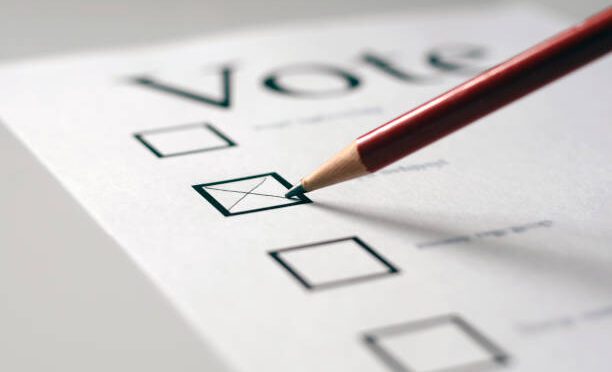Foundation for Educational Development
Voice – Collaboration – Shared Vision
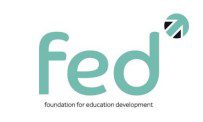
Voice – Collaboration – Shared Vision




Organisations with an interest in a resilient democracy got together to strengthen their connections, hear the government’s plans and priorities for democracy, and critically to agree to work together on a small programme of achievable democratic reforms with a focus on addressing populism.


The Future of Neighbourhoods Policy in England


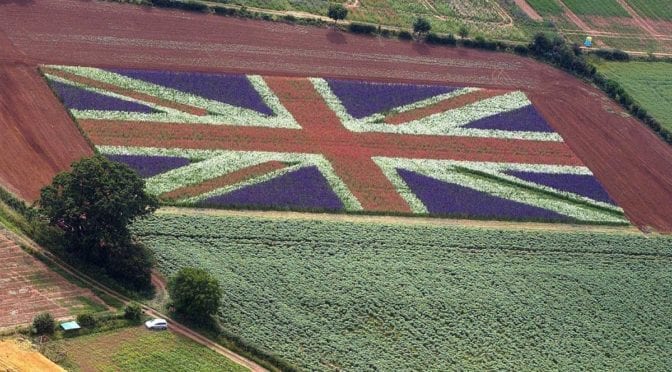


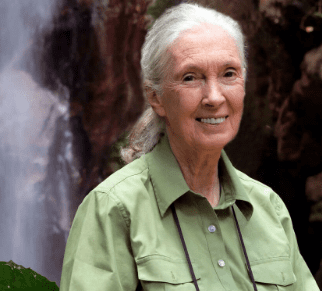



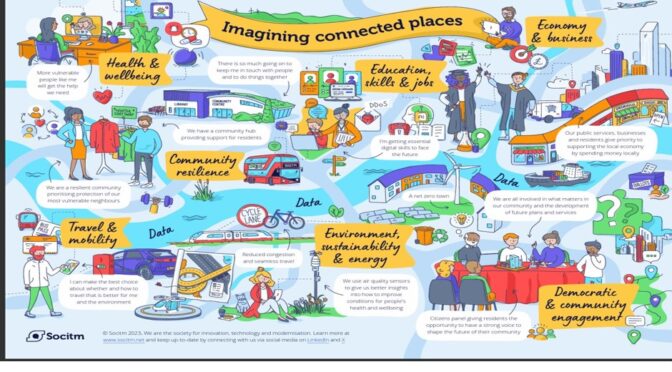
The 2024 Consultation overview report and background paper set out participants shared insights as to what works, what needs to change, and set of “calls to action” to bring about wider place-based social, environmental, economic and technological progress.


